Terence Netto | Feb 6, 09 5:33pm
There is no provision for a ruler of a state to dismiss a chief minister or menteri besar, and a ruler can ask the chief minister to resign only after the latter has lost a motion of no confidence in the state legislature.
These constitutional precedents were established by the High Court in Sabah in the famous case involving Mustapha Harun against Mohd Adnan Robert and Joseph Pairin Kitingan in 1985.
The Sabah state election in April 1985 had issued in Mustapha’s United Sabah National Organisation (Usno) winning 16 seats, Pairin’s newly-formed Parti Besatu Sabah (PBS) gaining 26 seats and Datuk Harris Salleh’s Berjaya garnering 6 seats.
In a dramatic development following the counting of votes, a delegation headed by Mustapha went to Mohd Adnan’s official residence in the early hours of April 22 and got the governor to swear him in as chief minister.
By morning the same day, Mohd Adnan revoked the appointment and later swore in Pairin as chief minister.
Mustapha took both Mohd Adnan and Pairin to court but in a landmark judgment Justice Tan Chiaw Tong of the High Court in Sabah upheld the following precedents - that a ruler can appoint as chief minister an elected member of the legislature who in his opinion enjoyed the confidence of a majority of the members; and, that once appointed a chief minister was obliged to resign only after he had lost a vote of no confidence in the legislature.
Bar Council’s statement improper
Senior constitutional lawyer Dominic Puthucheary, who appeared for Mohd Adnan and Pairin in the 1985 case, said in an exclusive interview with Malaysiakini today that based on Justice Tan’s landmark judgment, there is no constitutional provision for the dismissal of a chief minister by the ruler.
“He relinquishes his position by dint of a vote of no confidence in the state legislature,” said Puthucheary.
“Therefore the relinquishment of office by a chief minister or menteri besar can only follow upon a motion of no confidence, not by any other means,” argued Puthucheary.
“This precedent has been established in that case in Sabah and it follows therefore that what has taken place in Perak over the past two days raises serious constitutional issues which only a court can resolve,” he elaborated.
“I think the Perak imbroglio is a matter for the courts to resolve,” said Puthucheary who regretted as “improper” the statement by Bar Council chairman Ambiga Sreenivasan that the Perak menteri besar was obliged to resign following a call to do so by Sultan Azlan Shah.
“The Bar Council has no business to opine in this matter,” he said.
Subscribe to:
Post Comments (Atom)
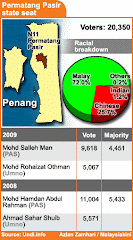

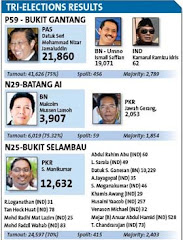



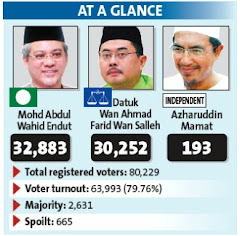







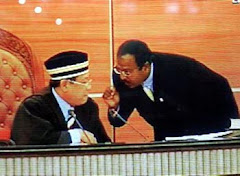


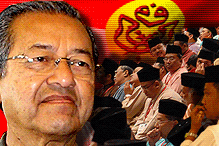

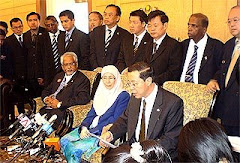
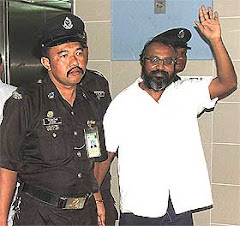



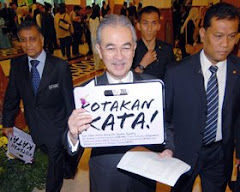








No comments:
Post a Comment